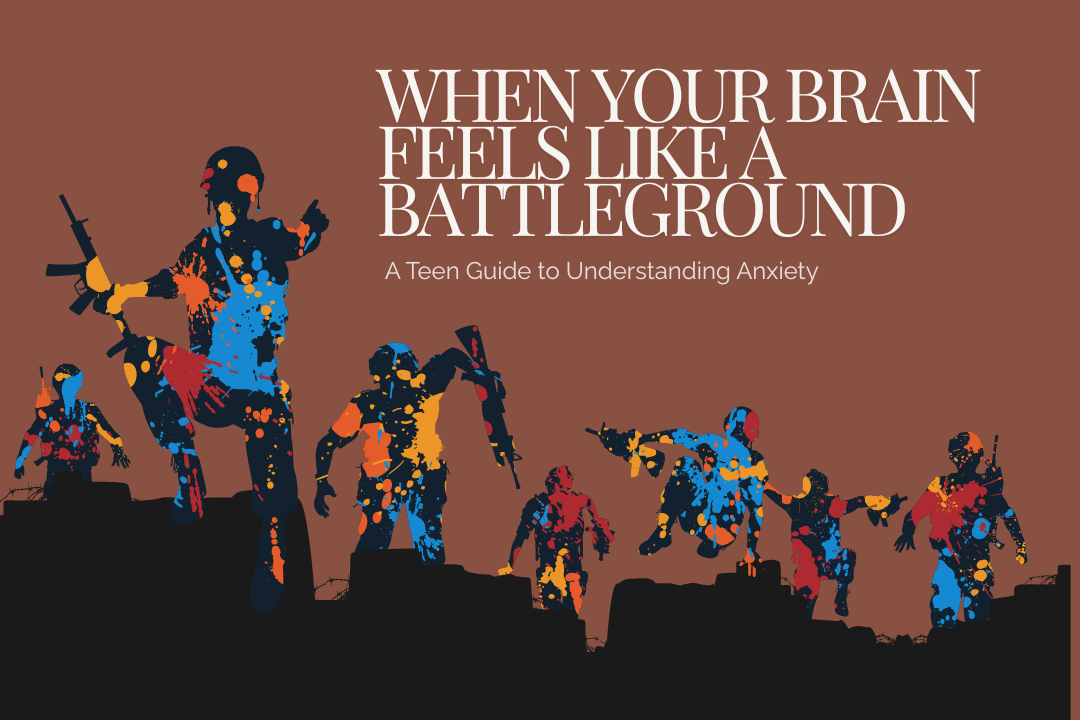Why Anxious and Avoidant Partners Keep Finding Each Other (And How to Break the Pattern)
Anxious and avoidant partners often feel drawn to each other—only to end up stuck in the same painful cycle. One pulls close, the other pulls away. In this blog, therapist Lisa Chen explains why this pattern happens, how it forms from early attachment experiences, and what couples can do to finally break the loop and build secure connection.
Why Your Partner Shuts Down—And How Therapy Can Help You Reconnect
You love your partner, but lately, it feels like you're reaching out into silence. Read more about why your partner might shut down.
10 Things Avoidantly Attached Partners Can Do to Build Security in Anxious-Avoidant Relationships
Being in a relationship when you have avoidant attachment can feel like walking a tightrope. You care deeply—but the closer someone gets, the more you may feel the urge to pull away.
Why Your Brain Is Literally Addicted to New Experiences (And Why That’s Actually Good for You)
Feeling burned out or stuck in negative loops? Your brain may be craving novelty. Learn how new experiences increase dopamine, improve mood, and help break unhelpful emotional patterns—plus 5 simple ways to add novelty to your life starting today.
The Trauma Behind Overworking: What Your Productivity Might Be Hiding
Not all overachievers are driven by ambition. For many, overworking is a trauma response rooted in childhood emotional neglect or unmet needs. This blog explains how trauma hides beneath high performance—and how therapy helps you feel safe enough to rest.
Filling Your Cup(s)
Most of us have heard the phrase “glass half empty or half full”—but what if that metaphor is missing the point?
Signs of Workaholism That Don’t Look Like Overwork
Think workaholism is just about 80-hour weeks and never taking vacations? Think again. Many high-functioning professionals are caught in work addiction without realizing it—because their behavior doesn’t look like overwork.
You’re Not Too Needy—and They’re Not Too Distant: You Just Have an Attachment Mismatch
You’re not broken—and neither is your partner. But your attachment styles might be clashing in a way that makes conflict harder and connection feel out of reach.
When Your Brain Feels Like a Battleground: A Teen Guide to Understanding Anxiety
Anxiety isn’t just in your head—it shows up in your body, thoughts, and relationships. For many teens and young adults, it can feel like living inside a mental war zone. But those anxious parts of you aren’t broken—they’re trying to protect you. In this blog, Gabriel Gilbert Lurie, AMFT shares how therapy can help shift you out of survival mode, visualize anxiety in new ways, and reconnect with a sense of safety, support, and self-trust.
How to Find the Right Couples Therapist in Los Angeles + Free Guide
Finding a couples therapist in Los Angeles can be daunting. This guide helps you cut through the noise with expert-backed questions, red flags to avoid, and a free downloadable checklist—so you and your partner can feel confident in your next step toward connection.
Finding Relief from Anxiety: How EMDR Therapy Can Help
For those struggling with anxiety, EMDR therapy offers an evidence-based path to healing. Learn how it works — and how working with an Anxiety and EMDR Specialist in Hermosa Beach can help you find relief.
Better Than Any Antidepressant
Never ending bills. My contract’s ending soon. M is going to college soon. I don’t even want to think of the emotions that come with that right now. I’m getting old. I don’t want to die with regret.
High-Functioning. Still Hurting.
If you’re successful but still anxious, burnt out, or disconnected—you’re not broken. Many high-functioning adults grew up with hidden trauma they’ve never named. This blog explains why.
You Don’t Have to Be the Strong, Silent Type: A Note to Sensitive Teen Boys
You might not call yourself “sensitive.” And that word could even feel like an insult—like you have weak, fragile, or not man enough. People certainly use it that way all too much.
EMDR for Alexithymia: Reconnecting to Emotions
Alexithymia often begins as a survival response to trauma. Learn how EMDR therapy helps you reconnect with your emotions—gently and safely—in Hermosa Beach, CA, and St. Augustine, FL
How Highly Sensitive People Can Navigate Overstimulation in Relationships
For Highly Sensitive People (HSPs), relationships can be both deeply rewarding and emotionally overwhelming. Whether it’s emotional intensity, too much closeness, or sensory overload, your nervous system may feel constantly overstimulated. With support from an HSP therapist in Los Angeles or Hermosa Beach, you can learn to set healthy boundaries.
HSP Therapists Reveal the Self-Care Essentials They Can’t Live Without
Looking for sensory-friendly self-care ideas? Our HSP therapists share their go-to products—from calming earplugs to cozy weighted blankets—that support nervous system regulation, restful sleep, and emotional reset.
Feeling Worse After Couples Therapy? Here’s Why That Happens (And How to Move Forward)
You finally take the step to start couples therapy, hoping to break free from the same exhausting arguments. But instead of feeling closer, you leave each session feeling even more frustrated.
Does this mean therapy isn’t working? Not at all.




















